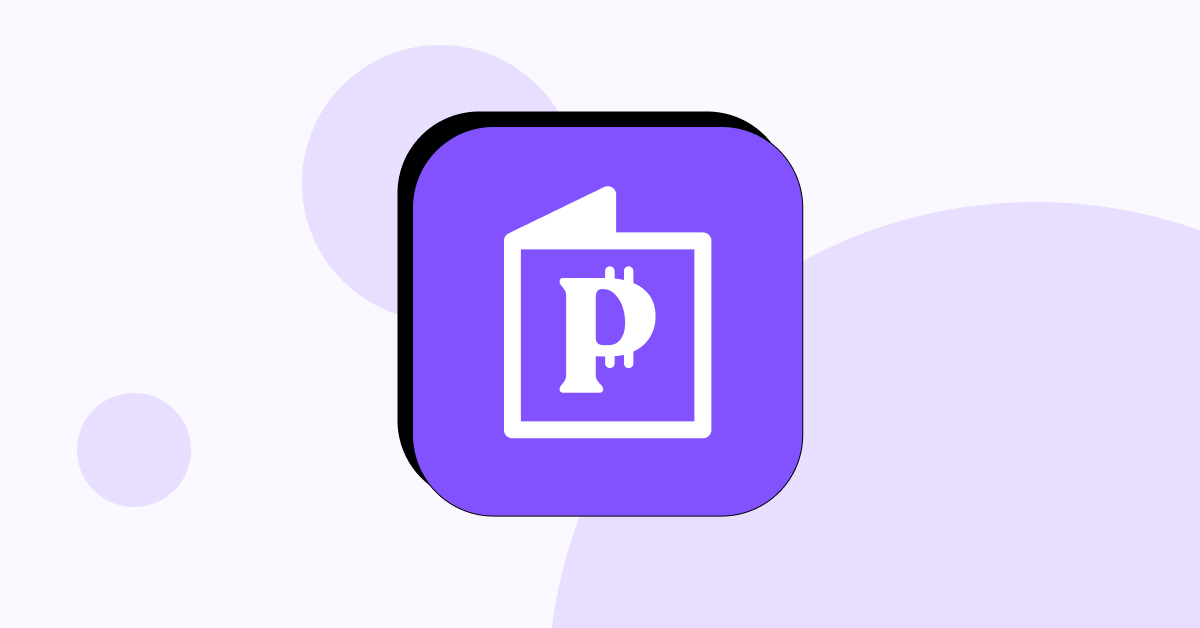Canada is one of the top destinations for immigrants from all around the world. Thousands of skilled workers move to Canada every year in search of better opportunities. Despite the statistics, it isn’t for everyone, as you need considerable funds to make the trip and establish yourself within Canadian society.
What’s the minimum you need to reside in Canada, and can you do it with no money at all? It’s a central question for all kinds of immigrants, from international students and tourists to those seeking refugee status. Without knowing how much money you need, it’s difficult to plan other aspects of your journey.
How Much Do You Need to Move to Canada?
The amount you need to move to Canada depends on the size of your household. According to the official website of the Government of Canada, one person needs at least $14,690. Every other person (spouse or dependent children) adds around four thousand Canadian dollars.
Family size | Funds (in Canadian dollars) |
| 1 | $14,690 |
| 2 | $18,288 |
| 3 | $22,483 |
| 4 | $27,297 |
| 5 | $30,690 |
| 6 | $34,917 |
| 7 | $38,875 |
| If more than 7 people, for each additional family member, add | $3,958 |
Other more personal factors also impact how much money you’ll need to move to Canada. For example, the part of Canada you chose, the reason for moving, and your current financial situation may change the equation significantly.
Generally, you should aim to sustain yourself for at least six months after arriving in Canada, as you’ll need time to visit job fairs and find a Canadian employer.
When Can You Move to Canada Without Proof of Funds?
If your circumstances are such that you do not have a healthy account balance, don’t worry. You may be exempted from showing proof of funds, or the requirements may be lowered if you fall within the following categories.
High Skill Workers
You may be eligible to apply for permanent residency (PR) under the Canadian Experience Class (CEC) program, which can provide some exemptions for proof of funds and other requirements. To simplify, you are eligible with at least one year of skilled work experience in Canada and sufficient local language ability.
The idea is that since you are a skilled worker who is already established in Canadian society, you can be exempted from the requirement to have enough savings. It’s one of the three major express entry immigration programs.
Another exemption for workers comes from the Labor Market Impact Assessment (LMIA). It’s a document that a Canadian employer must provide before hiring a foreign worker. It proves that they tried recruiting Canadian citizens or permanent residents for a job but have not found suitable candidates.
If you are suitable but do not have resident status, you might be exempted from providing proof of funds or some other documents for immigration. However, other procedures will apply to get a work permit.
Asylum Applicants and Refugees
If you are seeking asylum or refugee status, your proof of funds requirements might be lowered. That’s because the government offers financial support to refugees and asylum seekers through various programs such as the Resettlement Assistance Program (RAP) and the Interim Federal Health Program (IFHP).
Both programs help refugees during their initial resettlement period. The IFHP program helps with pre-departure medical services, and the RAP program covers other immediate essential services. Be sure to check whether you are eligible and how it will impact the financial documents you’ll need to provide.
Immigrants to Atlantic Canada
The Atlantic Immigration Pilot (AIP) program is designed to attract skilled workers to the four Atlantic provinces. To become eligible, you must be either a recent graduate or a skilled worker with a job offer from a designated employer in Nova Scotia, New Brunswick, Prince Edward Island, Newfoundland, or Labrador.
If you have a valid job offer from an employer in one of these provinces, you may be eligible for the AIP program. It might lower the requirements of proof of funds or not require some of the documents at all.
Nationals of the United States and Mexico
Nationals of the United States and Mexico may be fully or partially exempted from LMIA and from proving they have enough funds due to the United States-Mexico-Canada Agreement (USMCA). It allows citizens of these countries to gain work permits in Canada more easily.
Later, you can apply for other immigration programs with possibly lower financial requirements. Over sixty professions are eligible for simplified procedures under UMSCA, but some are still missing. Be sure to check the official sources of Canada’s government before applying.
Provisional requirements (e.g., Quebec)
Some provinces, most notably Quebec, may have different financial conditions for gaining a residence permit. The Quebec Skilled Worker program may lower the requirements for proof of funds or not require one at all. However, you’ll need to meet other eligibility criteria to qualify for any exemptions.
Can You Move to Canada With No Money?
Even with the exceptions and possibly lowered requirements, you’ll still need to prove some income level before moving to Canada. Luckily, there are great tips on how to move to Canada with no money or at least without having a fortune.
- Apply for a Working Holiday visa. If you are between 18 and 35 years old and from a participating country, you may be eligible for International Experience Canada (IEC). It will allow you to work in Canada and earn money to cover expenses, possibly even saving for future citizenship.
- Look for a job before you move. Many Canadian employers are willing to sponsor foreign workers in high-demand fields – healthcare, IT, engineering, and others. Start by checking online job boards, visiting job fairs, or contacting Canadian recruitment agencies.
- Consider studying in Canada. Canadian universities and colleges are known for their high-quality education and multicultural student body. Many Canadian schools offer scholarships and bursaries to international students. It’s an excellent way to move without a lot of money.
- Research affordable housing options. Housing will be your biggest expense in Canada, especially living in Toronto or Montreal. Look for affordable housing options, such as renting a room or living in a co-op, before moving. It’s also a good idea to consider smaller cities or towns with lower living costs.
- Save money before you move. Even if you have what’s required officially, try to save as much money before leaving as possible. Set aside money each month and seek additional employment or passive income opportunities. Pawns.app can help you with paid online surveys or internet sharing before traveling to Canada and when you’re already there.
How to Apply For Permanent Residence in Canada?
The application procedure mostly differs in the way you receive an invitation to apply. For example, the Provincial Nominee Program (PNP) allows provinces to invite foreign nationals to gain Canadian citizenship, but you also might receive an invitation by having a binding job offer.
After you receive an invitation, the steps for filling out permanent residency are fairly similar and take place online in the express entry portal.
- Fill out the online form on the express entry portal.
- Scan and upload documents
- Pay fees
- Submit complete application
- When your status is approved, you and your family become Canadian Citizens
Conclusion
Moving to Canada with no money is challenging but possible. The tips and information provided in this article will help you take the first steps towards moving to Canada. Be sure to consult only official sources or, if needed, seek professional legal advice for a full view of the process of immigration to Canada.
FAQ
Do you need money to move to Canada?
Yes, you will need a certain amount of money to move to Canada. The Canadian government requires all permanent residency applicants to show proof of funds to support themselves and their family members for a certain period. Some exemptions might apply when you are already established in Canada.
What is the easiest way to move to Canada?
Government programs provide a straightforward path to gaining Canadian citizenship. All the required documents can be provided online via the express entry portal after you receive an invitation to apply. Perhaps the easiest way to be invited is with one of the programs for high-value workers, such as the Canadian Experience Class (CEC).
Does Canada have a Diversity Visa Lottery similar to the US?
No. Canada never had a diversity or green card lottery similar to the US. Some unofficial websites with such lotteries may even try to scam you by offering one. The Canadian immigration system is skill-based and managed through the Express Entry online system (except for the province of Quebec, which has its own system).
Can I just go live in Canada?
No, you cannot simply live in Canada unless you are a Canadian citizen, permanent resident, or have a valid temporary resident status (such as a work or study permit). To qualify for a residency in Canada, you must meet specific requirements and go through the application process.


